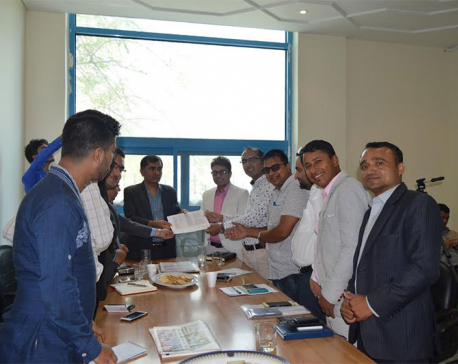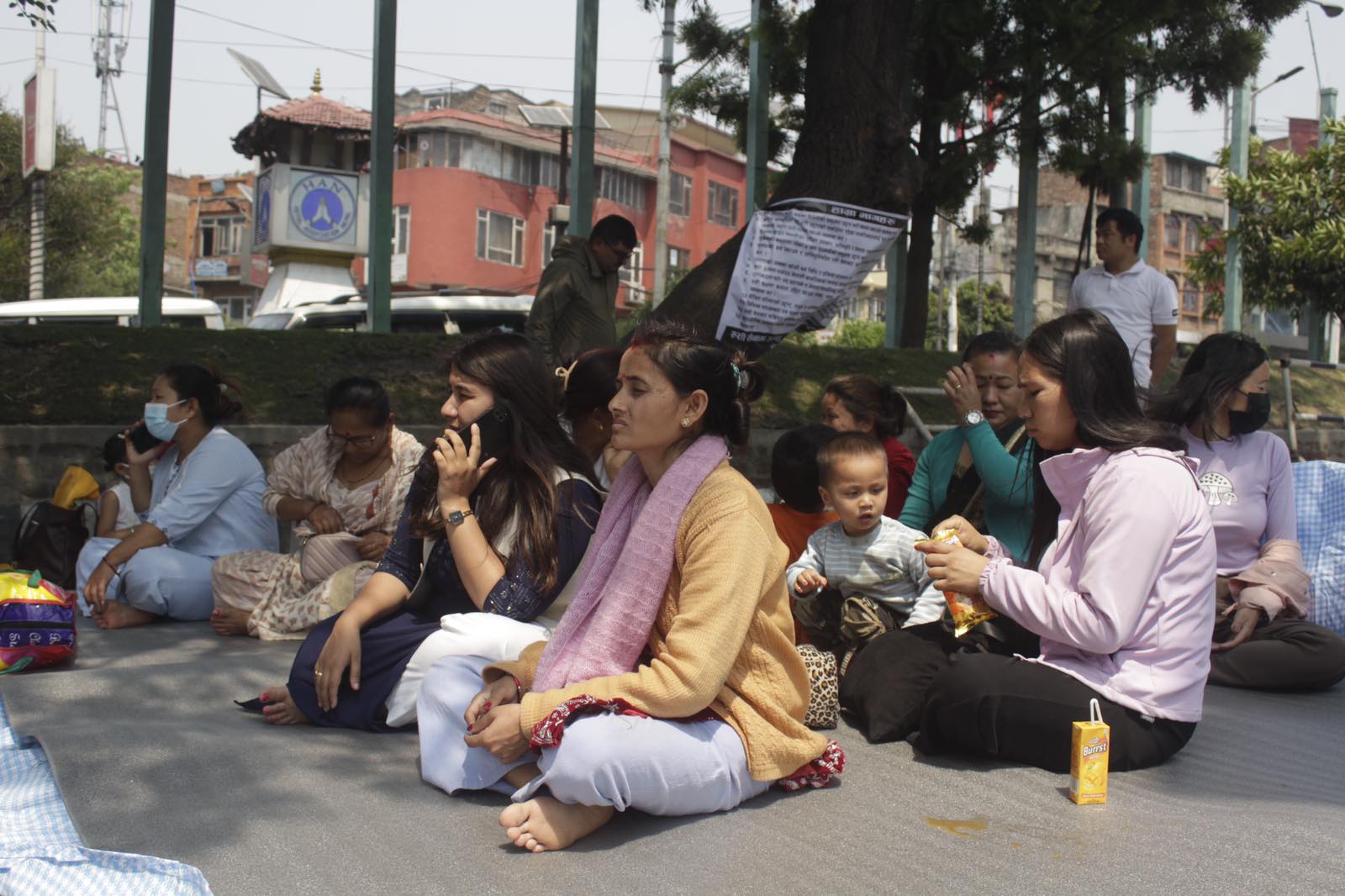
OR
Democracy dies when press is not free
Published On: September 13, 2018 12:25 AM NPT By: Republica | @RepublicaNepal
The world, it seems, is becoming hostile toward journalists and the free press. In the United States, President Donald Trump persecutes media by dismissing them as “fake news” outlets. In Bangladesh, journalists are often attacked and even murdered by extremist groups for reporting the truth, while the government has failed to provide them security. They are beaten and attacked even for covering local elections. Journalists are often targeted in Pakistan as well. In neighboring India, world’s largest democracy, journalism has become a risky job in recent times. Since 2015, according to various reports, as many as 142 attacks against journalists have been registered, and as many as 70 journalists—many of them independent scribes—have been killed between 1992 and 2016. Compared to other South Asian countries, Nepal fares much better in terms of journalist safety and press freedom. According to the World Press Freedom Index of 2018, Nepal ranks second in South Asia—much better than India, Afghanistan, Pakistan, Sri Lanka, the Maldives and Bangladesh. Nepal is still an exception to South Asian countries in terms of press freedom but it increasingly seems we will have bad days ahead. Recent developments indicate more possible troubles for the press.
On Monday morning, police arrested editor of Khojtalas weekly and Khojtalasa.com Raju Basnet from his residence in Lalitpur on charge of publishing a news report on Khojtalas.com. His report exposed an attempt to transfer the ownership of land owned by Harisiddhi Brick Industries in Lalitpur to some private individuals, allegedly with the involvement of Nepal Communist Party lawmaker Pampha Bhusal and some other leaders of the party. Now Basnet is in judicial custody. Basnet’s arrest is wrong for many reasons. First, the arrest undermines constitutionally guaranteed press freedom and right to publication. Second, Basnet had done what every journalist is duty-bound to do: Expose collusion in selling of public land to private owners. Basnet’s arrest could discourage the journalists to raise question over questionable decisions of the government and the ruling party leaders. Only way to correct this mistake is his immediate unconditional release. The state has no right to persecute journalists simply for writing reports or exposing the government wrongdoings.
It is troubling that the government of K P Oli is slowly becoming intolerant to criticism and seeking to discourage journalists to question its policies to make it accountable. It should not be forgotten that Nepali media, despite weaknesses, have contributed to sustaining democracy and freedom. The support of media fraternity to the political parties in their struggle against direct rule by King Gyanendra in 2006 was exemplary. In the last two years, Nepali media has advocated for the cause of political stability. We in this space supported the unity cause of communist parties for stability and good governance. Thus it does not suit the governing party that has enjoyed media support in its every good policy to try to stifle the press. If the ruling party thinks press freedom is being curtailed elsewhere and therefore some restrictions can be imposed in Nepal as well, it is making a big mistake. Nepali media has already remained free—except during the Panchayat rule and direct rule of the king in 2006—and it should always be allowed to remain free. Curtailing press freedom, let us not forget, amounts to curtailing democracy.
You May Like This

Afghan journalists dying in record numbers to report the war
AFGHANISTAN, Sept 21: Moments after Afghan journalist Samim Faramarz wrapped up his live report on the latest suicide attack in... Read More...

Stakeholders call for ending violence against journalists
BIRATNAGAR, Nov 6 : Stakeholders have stressed the need for the government to become serious to stop ongoing incidents of... Read More...

Ensure hassle-free info to journalists: FNJ to UAE Nepali Embassy
UNITED ARAB EMIRATES (UAE), July 18: The Federation of Nepali Journalists (FNJ) UAE Chapter has urged the UAE-based Nepali Embassy... Read More...

Just In
- Sajha Yatayat cancels CEO appointment process for lack of candidates
- Govt padlocks Nepal Scouts’ property illegally occupied by NC lawmaker Deepak Khadka
- FWEAN meets with President Paudel to solicit support for women entrepreneurship
- Koshi provincial assembly passes resolution motion calling for special session by majority votes
- Court extends detention of Dipesh Pun after his failure to submit bail amount
- G Motors unveils Skywell Premium Luxury EV SUV with 620 km range
- Speaker Ghimire administers oath of office and Secrecy to JSP lawmaker Khan
- In Pictures: Families of Nepalis in Russian Army begin hunger strike















_20240419161455.jpg)

Leave A Comment